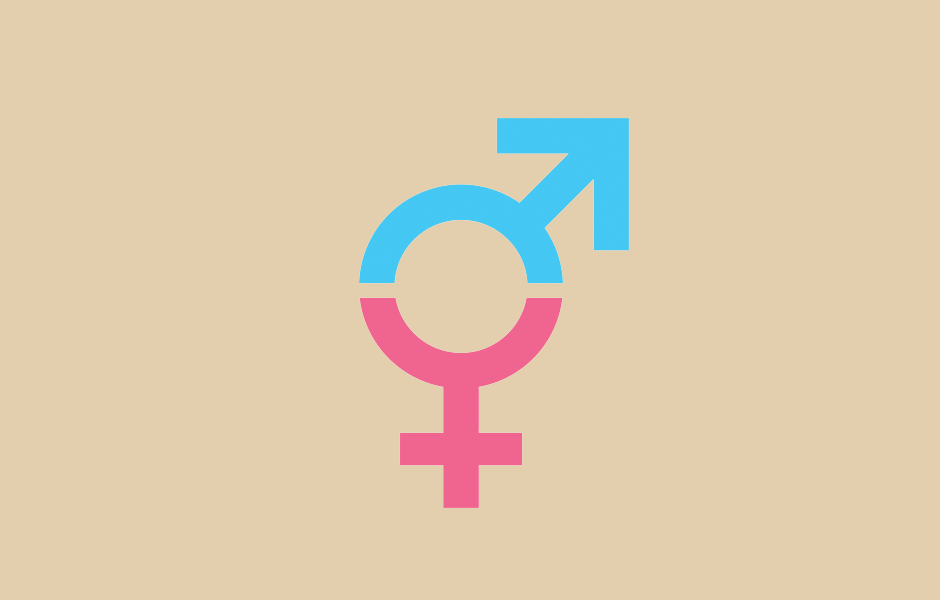Words by Jade Williams
There are systemic challenges and unmet needs in women’s healthcare, according to new findings by the Healthcare Businesswomen’s Association (HBA) and FemTechnology.
In a global survey of specialist physicians from the US, Germany, Brazil, Thailand, Egypt and Morocco, it was revealed that there are significant gaps in research, resources and care that present both challenges and opportunities for pharmaceutical innovation.
A key finding was that over 80% of physicians reported observing sex differences in disease progression and treatment response, but fewer than 30% felt equipped with the resources needed to address them. In fact, more than half of respondents cited insufficient sex and gender-specific research and treatment guidelines as a major barrier to effective clinical care.
Unconscious bias was another factor found to undermine the quality of care provided to women. Almost 47% of doctors acknowledged the impact of these biases. In addition, 53% cited cultural stigma and lack of awareness as barriers to timely symptom recognition and treatment – particularly in middle- and low-income countries. Inadequate knowledge about gender-specific symptoms also led to missed referrals, with 45% citing limited access to specialists as a critical gap.
“There is a huge gap in terms of the resources clinicians feel equipped to care for more than half of their patient population,” noted Mary Stutts, CEO, HBA, in a press release. “The healthcare system does not work for women as it should, and [clinicians] are actively seeking solutions to redefine the baseline.”
The findings emphasise the need for an improved approach to women’s health to close research gaps, particularly in real-world sex-specific data. Women face higher risks of adverse outcomes in areas like oncology due to protocols being designed for male bodies and addressing these gaps could greatly improve outcomes and establish new standards of care.
Oriana Kraft, CEO, FemTechnology, framed this challenge as an opportunity, stating: “Physicians and patients are demanding better solutions, and the companies—whether pharma, med tech, or insurers—that move first will secure a critical advantage.” She also noted that bridging the gap isn’t just about equity, but about “unlocking personalised, effective care and transforming modern medicine”.
To address these disparities, the HBA Think Tank and FemTechnology suggest greater collection of real-world data, an expansion on the definition of women’s health, building a model of care that works for women and incentivising change to bridge the gap between innovation and implementation.









